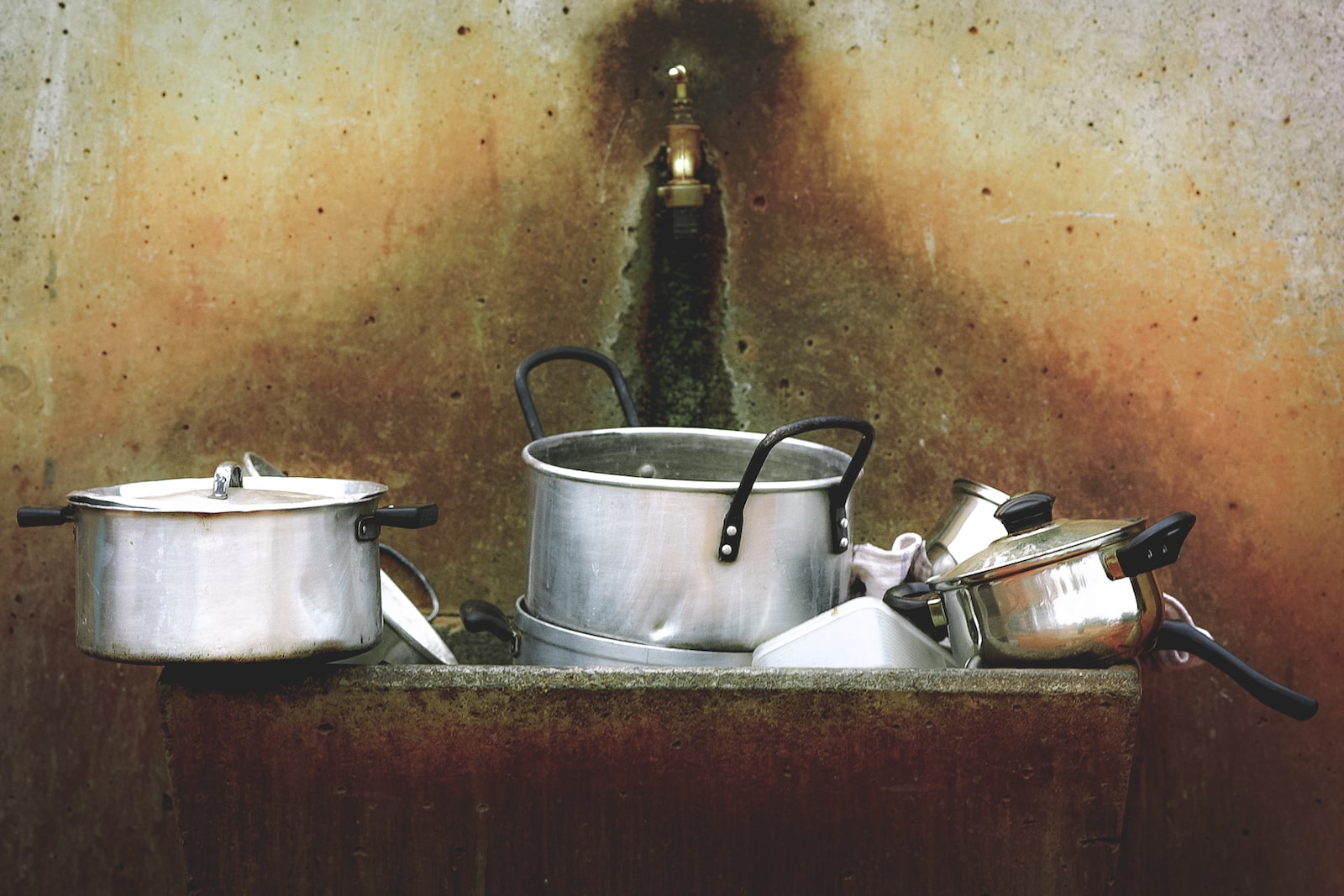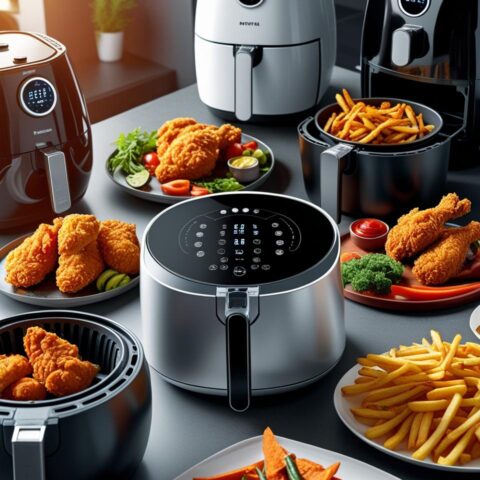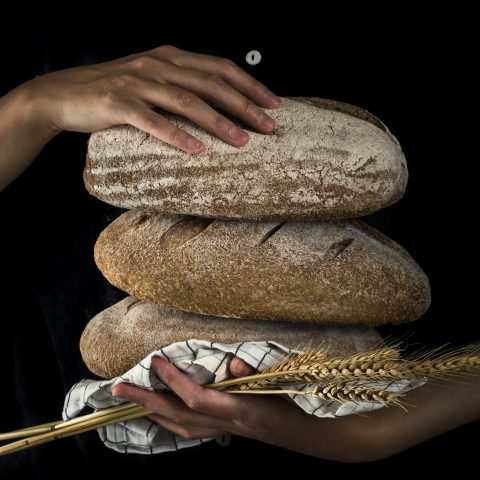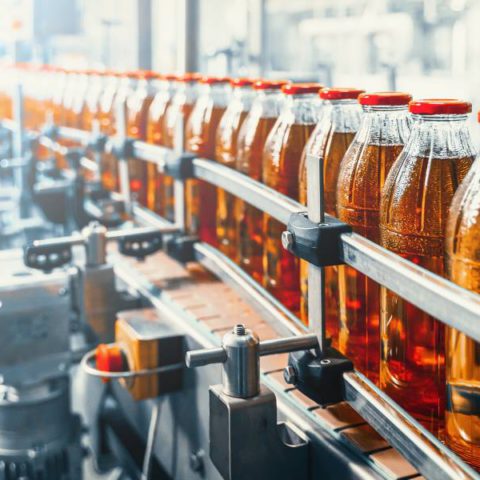Ladle of Contents
Key Takeaways
– When choosing utensils for stainless steel cookware, consider factors such as sustainability, durability, heat resistance, and ease of cleaning.
– Bamboo utensils are a sustainable option that require hand washing and occasional oiling.
– Wooden utensils are classic, germ-resistant, and environmentally friendly, but they stain easily and require regular oiling.
– Silicone utensils are affordable, heat resistant, and come in various colors, but they can be damaged by sharp objects and some may contain fillers.
– Metal utensils are durable, easy to clean, and dishwasher safe, but they can cause superficial scratches on stainless steel cookware.
Bamboo Utensils: A Sustainable Choice
Bamboo utensils have gained popularity in recent years due to their sustainability and eco-friendly nature. Bamboo is a fast-growing grass that can be harvested without killing the plant, making it a renewable resource. When compared to traditional wooden utensils, bamboo utensils have a lower environmental impact. They are also lightweight and have a natural resistance to bacteria, making them a hygienic choice for the kitchen.
However, it is important to note that bamboo utensils require special care. They should be hand washed with mild soap and warm water, as they are not dishwasher safe. Additionally, bamboo utensils should be dried thoroughly after washing to prevent mold or mildew growth. To maintain their longevity, bamboo utensils should be oiled occasionally with food-grade mineral oil.
Wooden Utensils: Classic and Environmentally Friendly
Wooden utensils have been used in kitchens for centuries and are known for their classic and timeless appeal. They are also considered to be more environmentally friendly than plastic or metal utensils. Wooden utensils are biodegradable and can be composted at the end of their lifespan, reducing waste.
One of the key advantages of wooden utensils is their natural resistance to bacteria. Wood contains natural antimicrobial properties that help inhibit the growth of germs. However, it is important to note that wooden utensils can stain easily, especially when used with strongly colored or acidic foods. To prevent staining and maintain their appearance, wooden utensils should be washed immediately after use and dried thoroughly. Regular oiling with food-grade mineral oil is also recommended to prevent drying and cracking.
Silicone Utensils: Affordable and Heat Resistant
Silicone utensils have gained popularity in recent years due to their affordability, heat resistance, and versatility. Silicone is a synthetic material that is derived from silica, a naturally occurring mineral. It is known for its non-stick properties, making it ideal for use with stainless steel cookware.
One of the key advantages of silicone utensils is their heat resistance. They can withstand high temperatures without melting or warping, making them suitable for use with hot cookware. Silicone utensils are also available in a wide range of colors, allowing for customization and personalization in the kitchen.
However, it is important to note that silicone utensils can be damaged by sharp objects, such as knives or metal whisks. They may also contain fillers or additives, so it is important to choose high-quality silicone utensils from reputable brands. Additionally, silicone utensils should be hand washed with mild soap and warm water to maintain their longevity.
Metal Utensils: Durable and Easy to Clean
Metal utensils, such as stainless steel or aluminum, are known for their durability and ease of cleaning. They are resistant to heat, corrosion, and staining, making them a popular choice for many home cooks. Metal utensils are also dishwasher safe, allowing for convenient cleaning.
However, it is important to note that metal utensils can cause superficial scratches on stainless steel cookware. While these scratches do not affect the performance of the cookware, they can impact its appearance. To minimize scratching, it is recommended to use metal utensils with caution and avoid using sharp or serrated edges against the cookware’s surface.
Conclusion
When it comes to choosing the best utensil for stainless steel cookware, there are several factors to consider. Bamboo utensils offer sustainability and natural resistance to bacteria, but require special care. Wooden utensils are classic and environmentally friendly, but can stain easily and require regular oiling. Silicone utensils are affordable, heat resistant, and come in various colors, but can be damaged by sharp objects and may contain fillers. Metal utensils are durable, easy to clean, and dishwasher safe, but can cause superficial scratches on stainless steel cookware.
Ultimately, the choice of utensil depends on personal preferences and priorities. By considering factors such as sustainability, durability, heat resistance, and ease of cleaning, individuals can find the best utensil that suits their needs and complements their stainless steel cookware.








